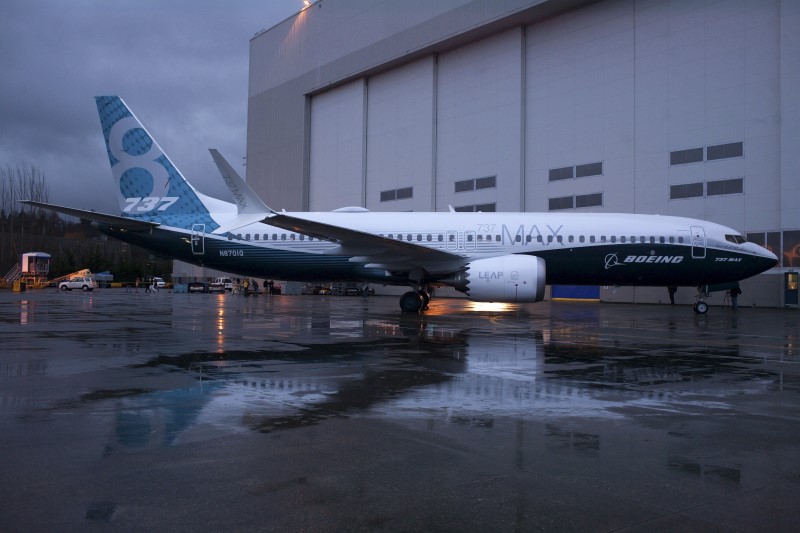FAA revises certification policy in wake of Boeing 737 MAX crashes
2023.11.29 02:28

© Reuters.
In response to the tragic Boeing (NYSE:) 737 MAX crashes, the Federal Aviation Administration (FAA) has overhauled its aircraft certification policy, now deeming significant flight control design changes as “major.” This decisive action comes in the wake of Congressional legislation enacted in late 2020, which calls for increased transparency from manufacturers regarding critical safety information, particularly for automated flight systems.
The FAA’s updated guidelines aim to strengthen the integrity of the certification process by helping manufacturers better identify and disclose crucial safety data. This change is a direct consequence of the Boeing 737 MAX incidents that resulted in the loss of 346 lives. Investigations into the crashes revealed that Boeing had not adequately labeled the Maneuvering Characteristics Augmentation System (MCAS), a key flight control system, as critically important. The FAA faced criticism for its supervisory lapses during the initial approval of the aircraft.
Boeing, which has faced over $20 billion in financial repercussions due to compensation, increased production costs, and penalties, has expressed its commitment to full transparency in future certification processes with the FAA. The agency is currently in the midst of assessing whether to certify two new models of the MAX series—the MAX 7 and the MAX 10. These models are under strict scrutiny, with the FAA setting specific milestones for reviewing any novel or unusual design changes during aircraft certification.
While Boeing has acknowledged the policy changes and its financial losses, Airbus has not issued a statement regarding the FAA’s announcement. The enhanced scrutiny measures and the ongoing evaluations of the MAX variants underscore the FAA’s commitment to rigorous regulatory compliance and aircraft safety.
This article was generated with the support of AI and reviewed by an editor. For more information see our T&C.








